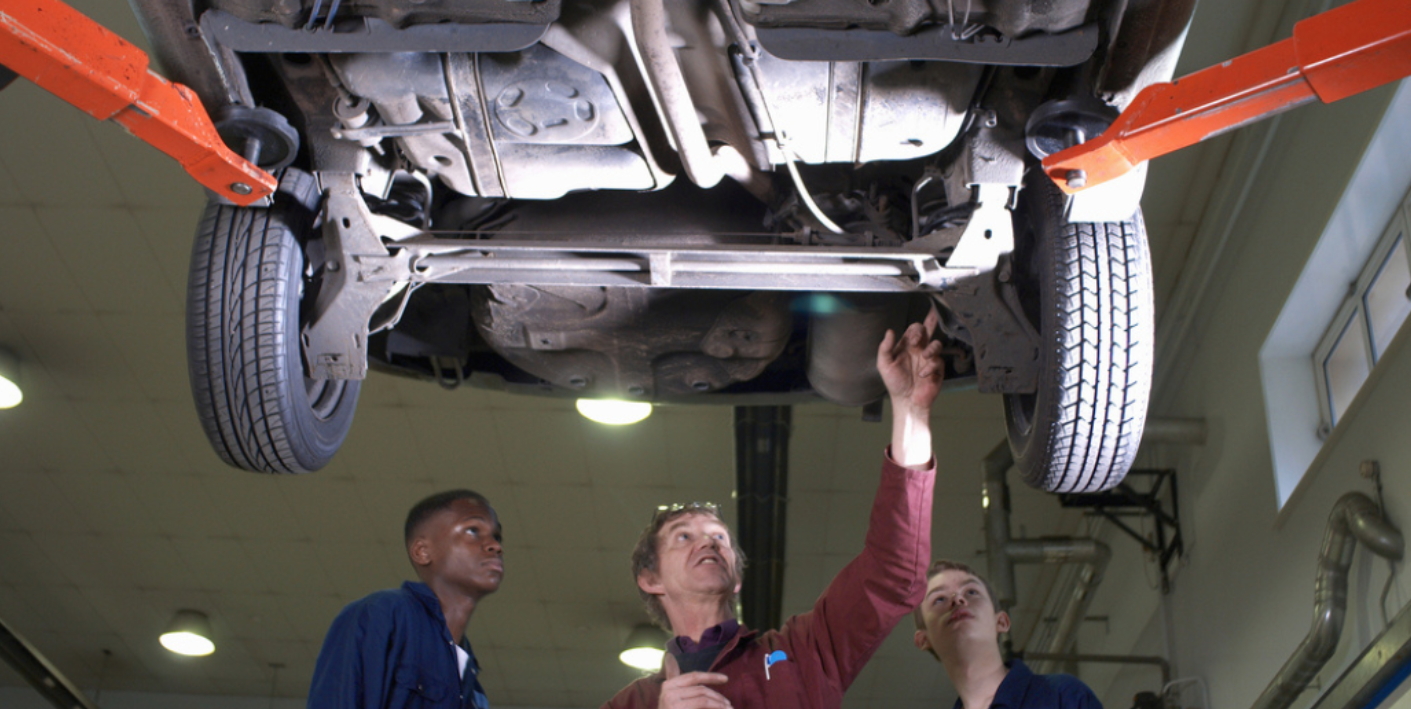When buying a car, depreciation is one of the most important factors to consider. A new study has revealed a stunning gap: Tesla vehicles depreciate 70 times faster than Chevrolet cars. In this article, you’ll learn why Tesla’s value drops so quickly, how it compares to Chevy, and what this means for buyers and sellers in the current market.
Why Tesla’s Depreciation Rate Is Alarming
A recent industry study has made headlines by showing just how quickly Tesla vehicles lose their value. Unlike traditional automakers like Chevrolet, Tesla’s resale value declines rapidly within just a few years.
Several factors contribute to this trend. The electric vehicle (EV) market is evolving fast, with new technology and models emerging constantly. This makes older Teslas less desirable, leading to faster depreciation.
Another key reason is Tesla’s over-the-air updates. While innovative, these software upgrades often reduce the incentive to buy older models, as newer cars come with significant hardware improvements.
The Numbers Speak Volumes

The data from the iSeeCars study paints a stark picture. Tesla’s used vehicles dropped by a staggering 28.9% year-over-year, equating to a $14,808 decrease in value. In contrast, Chevrolet’s average used car value barely changed, with a negligible 0.4% increase — just $140.
This means Teslas are depreciating nearly 70 times faster than Chevrolets. For car buyers and sellers, these figures signal a significant shift in the resale market, with long-term value becoming a critical consideration when purchasing electric vehicles versus traditional brands.
Comparing Tesla vs. Chevy: The Hard Data
According to the study, Tesla’s depreciation rate outpaces Chevy by an astonishing 70 times. This means that while a Chevrolet might lose a manageable percentage of its value after five years, a Tesla’s value can plummet dramatically over the same period.
For example, if a Chevy loses about 20% of its value in the first year, a Tesla could lose that same percentage within just a few months. This creates a significant financial risk for Tesla owners compared to more stable brands like Chevy.
The study also noted that Chevrolet’s long-standing reliability and widespread service network help maintain its resale value. In contrast, Tesla’s service delays and part shortages may accelerate depreciation.
What It Means for Buyers and Sellers

Should you buy a used Tesla now?
For buyers, the rapid depreciation of Teslas presents an opportunity. A two- or three-year-old Tesla can often be purchased at a steep discount compared to its original price. This makes it an attractive option for those looking to own an EV without paying the new-car premium.
Pros and cons of investing in Chevy vs. Tesla
Chevy vehicles hold their value better over time, making them a safer bet for those concerned about long-term financial impact. Tesla, however, offers cutting-edge technology and performance, but at the cost of higher depreciation risk.
It’s essential to weigh these factors based on your personal priorities. If you value innovation and are okay with faster depreciation, Tesla may still be appealing. If resale value and long-term reliability are more important, Chevy stands out.
Expert tips for navigating vehicle depreciation
- Do your research: Check recent depreciation data before purchasing any vehicle.
- Consider total ownership costs: Factor in maintenance, insurance, and resale value.
- Stay updated on market trends: EV values fluctuate as technology and infrastructure evolve.
Final Thoughts: Is Tesla’s Rapid Depreciation a Red Flag or Opportunity?
Tesla’s depreciation rate is undeniably high, but for some, that creates an opportunity to buy advanced EVs at a fraction of their original price. For others, it’s a cautionary tale about the risks of investing in rapidly evolving technologies.
Ultimately, whether this trend is a red flag or an opportunity depends on your priorities as a car owner. By understanding depreciation and staying informed, you can make smarter vehicle decisions.





